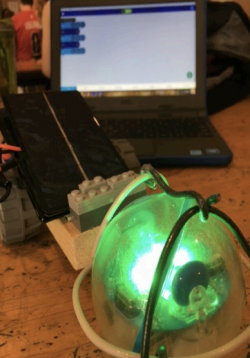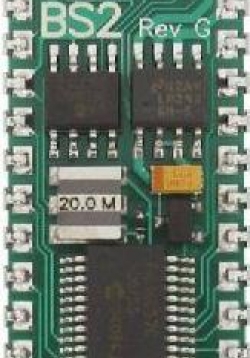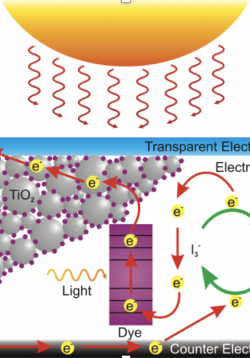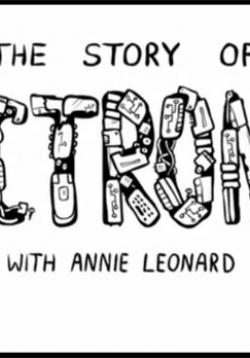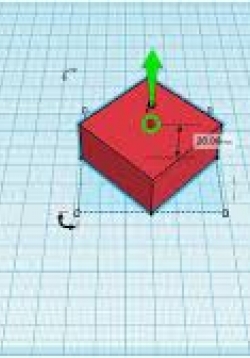Introduction to Drag and Drop Coding Using Scratch
Students go through a series of exercises and projects/challenges to gain familiarity with coding, specifically with drag-and-drop coding. Students will look at Scratch, a free introductory computer programming language, which focuses on creative computing...

